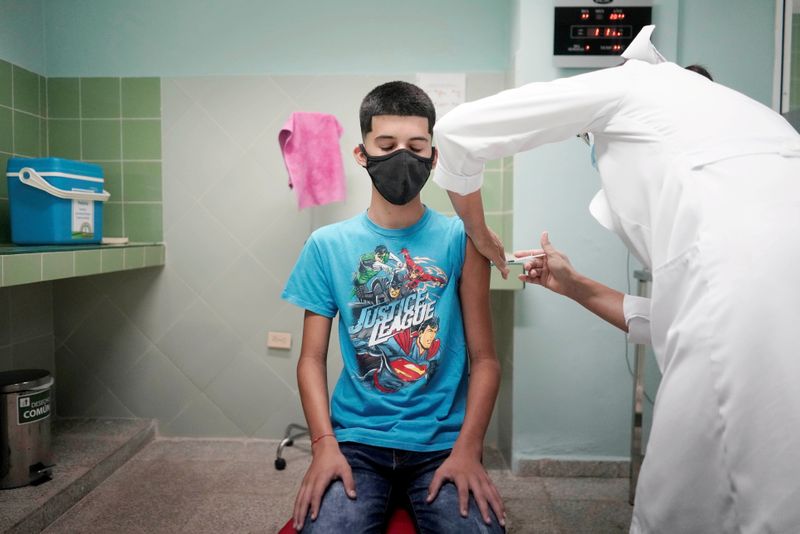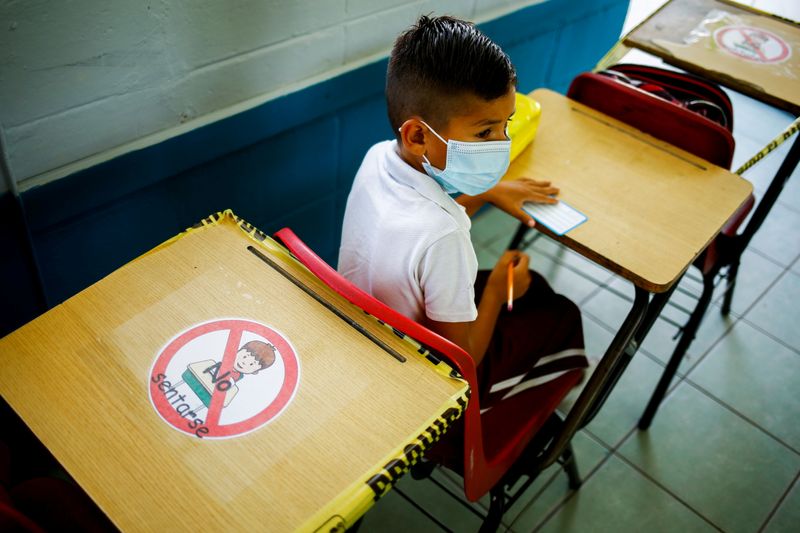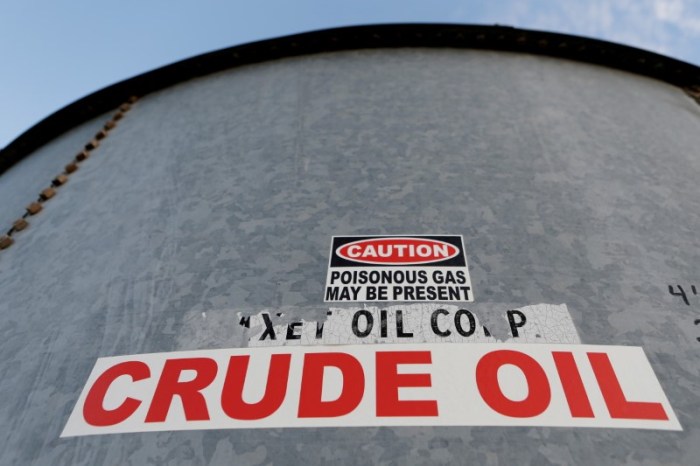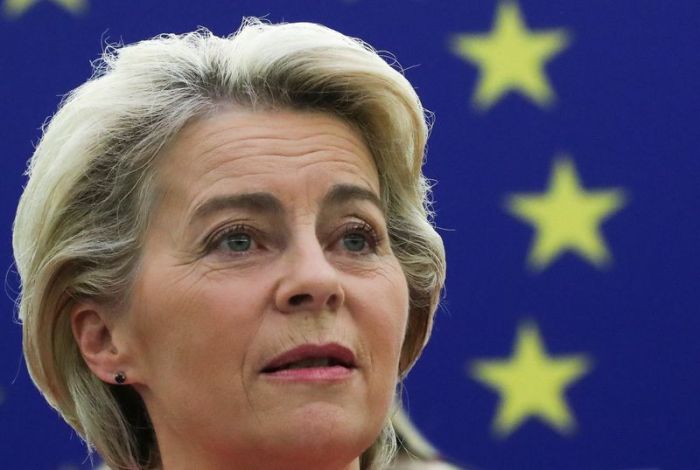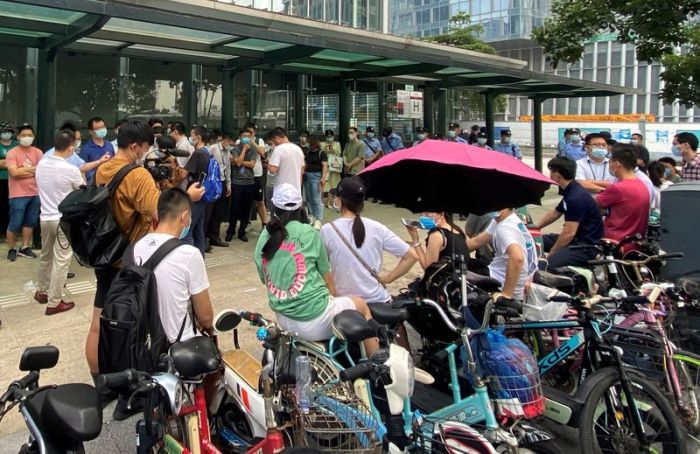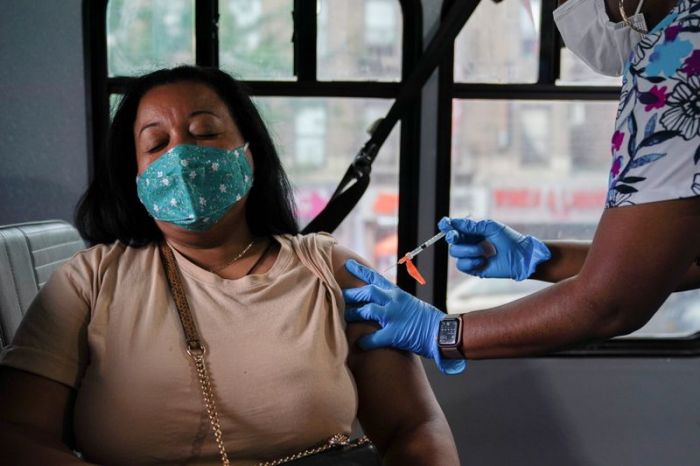BRASILIA (Reuters) – As more adults get their COVID-19 vaccines, children who are not yet eligible for vaccination in most countries are representing a larger percentage of hospitalizations and even deaths, the Pan American Health Organization (PAHO) warned on Wednesday.
Nine months in to this year, infections among children and adolescents in the Americas have surpassed 1.9 million cases, and they face significant health risks, the regional branch of the World Health Organization (WHO) said.
Experts say the pandemic has triggered the worst educational crisis ever seen in the Americas due to the absence of in-person schooling.
The COVID pandemic has also disrupted sexual and reproductive health services across more than half of the region’s countries, helping to fuel one of the largest jumps in teenage pregnancy seen in a decade, PAHO said.
Lockdowns and economic disruptions have increased the risk of domestic violence and for many kids, their homes may not be a safe place, said PAHO Director Carissa Etienne in a briefing.
“Our kids have missed more school days than children in any other region. Each day that children go without in-person schooling, the higher the likelihood they drop out and never return to school,” she said.
So far, the only vaccine approved by the WHO for adolescents https://www.reuters.com/business/healthcare-pharmaceuticals/countries-vaccinating-children-against-covid-19-2021-06-29 is the Pfizer Inc shot, while Moderna Inc has asked for emergency use approval of its vaccine for 12-15-year-olds, according to PAHO Assistant Director Jarbas Barbosa.
He said China’s Sinovac Biotech and Sinopharm have also requested WHO approval or the use of their vaccines for adolescents and children from 3 to 17 years old.
Some countries have gone ahead an started vaccinating children and adolescents, such as Chile and Cuba, not waiting for WHO approval, Barbosa said.
Cuba began vaccinating adolescents this month in a drive to immunize more than 90% of its population by December, and will start inoculating children aged 2 to 10 this week, becoming the first country in the world to vaccinate children under six years of age en masse.
The Communist-run Caribbean island is the only country in Latin America to develop vaccines against COVID-19: the Abdala, given to most adult Cubans, the Soberana-2, administered so far mainly to adolescents and children, and the booster Soberana Plus.
They do not yet have WHO approval.
PAHO praised Chile, Uruguay and Colombia for successful programs to limit the pandemic’s impact on young people.
“Children and teens across our region are at risk of becoming the generation that missed out on the health, education and social opportunities,” Etienne said.
(Reporting by Anthony Boadle in Brasilia; Editing by Matthew Lewis)

